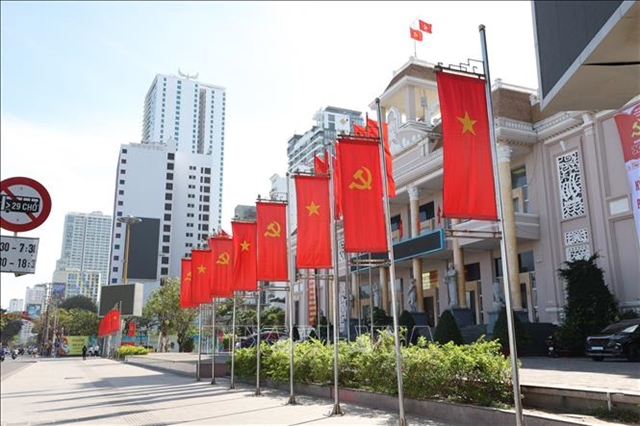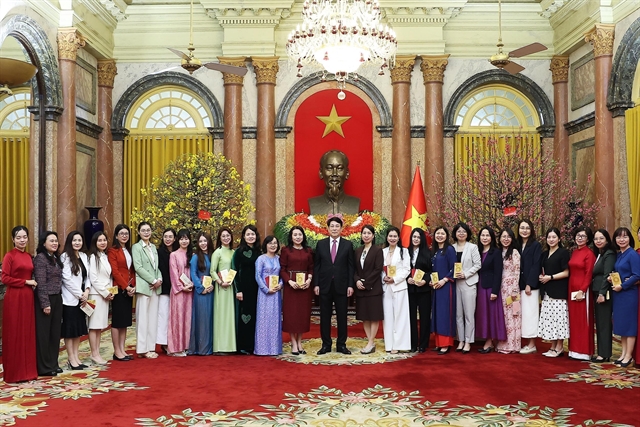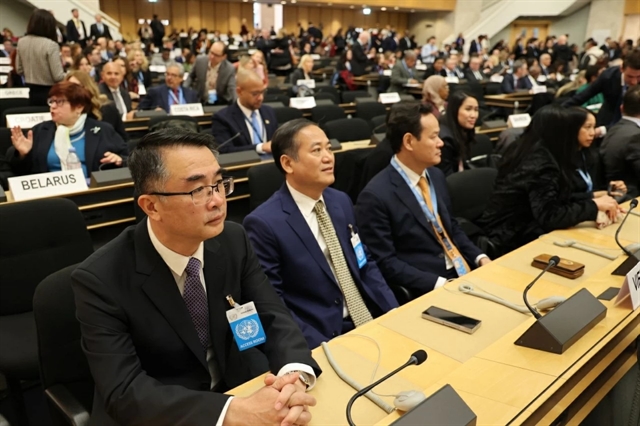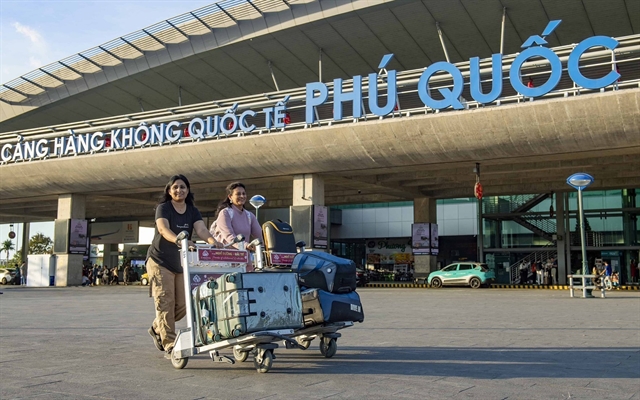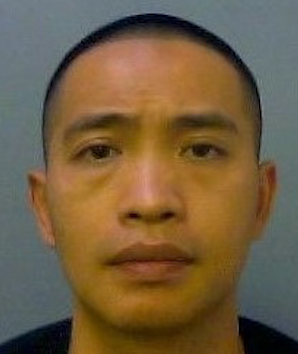 Society
Society

City officials say the next two weeks are a critical time in the battle against coronavirus, and the tough, new measures should be strictly adhered to.
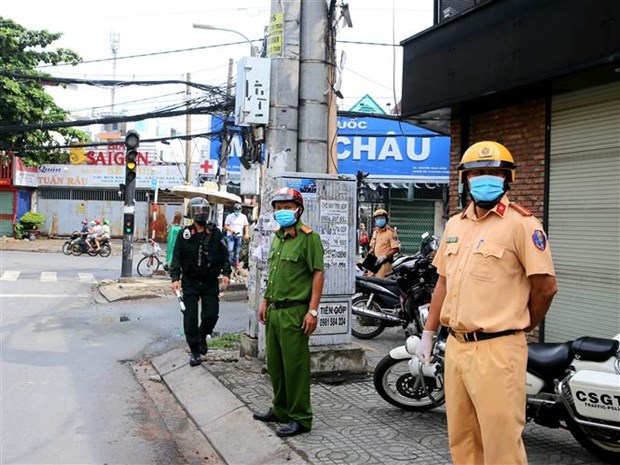
|
| Members of a COVID-19 pandemic control station in Gò Vấp District, HCM City. —VNA/VNS Thành Chung |
HCM CITY — HCM City Party Committee on Friday strengthened the Government’s Directive 16 to fight the growing threat of COVID-19.
City officials say the next two weeks are a critical time in the battle against coronavirus, and the tough, new measures should be strictly adhered to.
Teams will be mobilised to disinfect all areas in the city. People living in high-risk areas must stay indoors with food and bare essentials delivered to them by the authorities while those living in lockdown or quarantine zones must only visit markets twice a week.
Non-urgent construction work has been halted, certain companies must operate with a skeleton staff, and fit and healthy civil servants may be required to give up their positions to work with the authorities directly fighting the spread of the virus.
The move comes after a worrying rise in new infections, as well as an increase in seriously-ill patients and COVID-related fatalities.
Measures have also been taken in order to reduce the burden on already busy hospitals and medical centres.
The Party Committee is implementing Resolution 78, which allows them to strengthen regulations if necessary in order to protect the health of citizens.
It is hoped by taking this drastic decision, it would help to further curb the spread of the pandemic by seriously implementing a number of solutions.
Agencies will visit people living in lockdown areas to talk to them about the importance of social distancing and measures to prevent the spread of the pandemic.
The city will strengthen supervision of the implementation of social distancing, with a focus on ensuring safe distancing among individuals and families in the lockdown areas.
People living in those zones will be reminded they must not have direct contact with people around them, are only allowed to leave their homes if there is medical emergency or they have to buy essential foods.
They can only go to the traditional markets or supermarkets in the lockdown areas twice a week, using vouchers issued by the local authority.
In very high-risk areas, people must stay at home and the local authority will deliver food and essentials.
In quarantined areas, people must not leave their rooms and not have direct contact with other people except in medical emergencies.
Relatives of COVID-19 patients that have been quarantined at home as well as relatives of people who have direct contact with COVID-19 patients and quarantined at home must not leave their house except for medical emergencies. Foods and bare necessities will be provided by the local authority. In addition, people living in houses in small and crowded alleys in the lockdown areas must strictly follow the guidelines on safe distance among people.
Tightening construction, business activities
The committee has also suspended work at construction sites that are not considered urgent. Banks and securities companies must provide necessary services in a timely manner and banks’ branches or transaction offices should arrange personnel to work in shifts and strictly follow the regulations on social distancing.
Only businesses providing essential services in healthcare, pharmaceuticals, food, meals for hospitals and quarantined and treatment areas; supplying electricity, water, gas, postal, telecommunications, public sanitation and transportation of essential goods can operate.
State treasury, funeral services and a number of other essential services regulated by authorities are also permitted.
Markets are only allowed to operate under strict controls and must be in an open and airy space, and barriers installed between buyers and sellers.
They are only allowed to sell food and essential goods and must reduce the scale to about 30 per cent.
Household businesses in traditional markets must operate on alternate days to minimise interaction between people.
State agencies in the city must arrange alternate working days or shifts of the day at their offices.
Officers and staff at 12 COVID-19 control stations can only allow entry to vehicles on duty, vehicles with QR codes, personal vehicles of State agencies, armed forces and vehicles transporting people from HCM City returning to their hometown as scheduled.
Press agencies are ordered to provide accurate and timely information on prevention and control activities, and minimise news that lacks verification and causes panic among people.
The committee has identified the next two weeks as critical for the city's pandemic prevention and control.
Meanwhile, the city’s human resource co-ordination team for pandemic prevention and control on Thursday urged State agencies to provide a list of civil servants available to participate in pandemic prevention and control activities if needed.
The requirements are healthy men under 50, and healthy women under 40 with no underlying diseases, but cannot be more than 30 per cent of the total staff for each State agency.
Directive No 16 was been applied in HCM City on July 9. After 13 days of applying the directive, new cases of COVID-19 continue increasing daily. The city has recorded 48,863 COVID-19 cases since April 27 until Friday morning. — VNS

